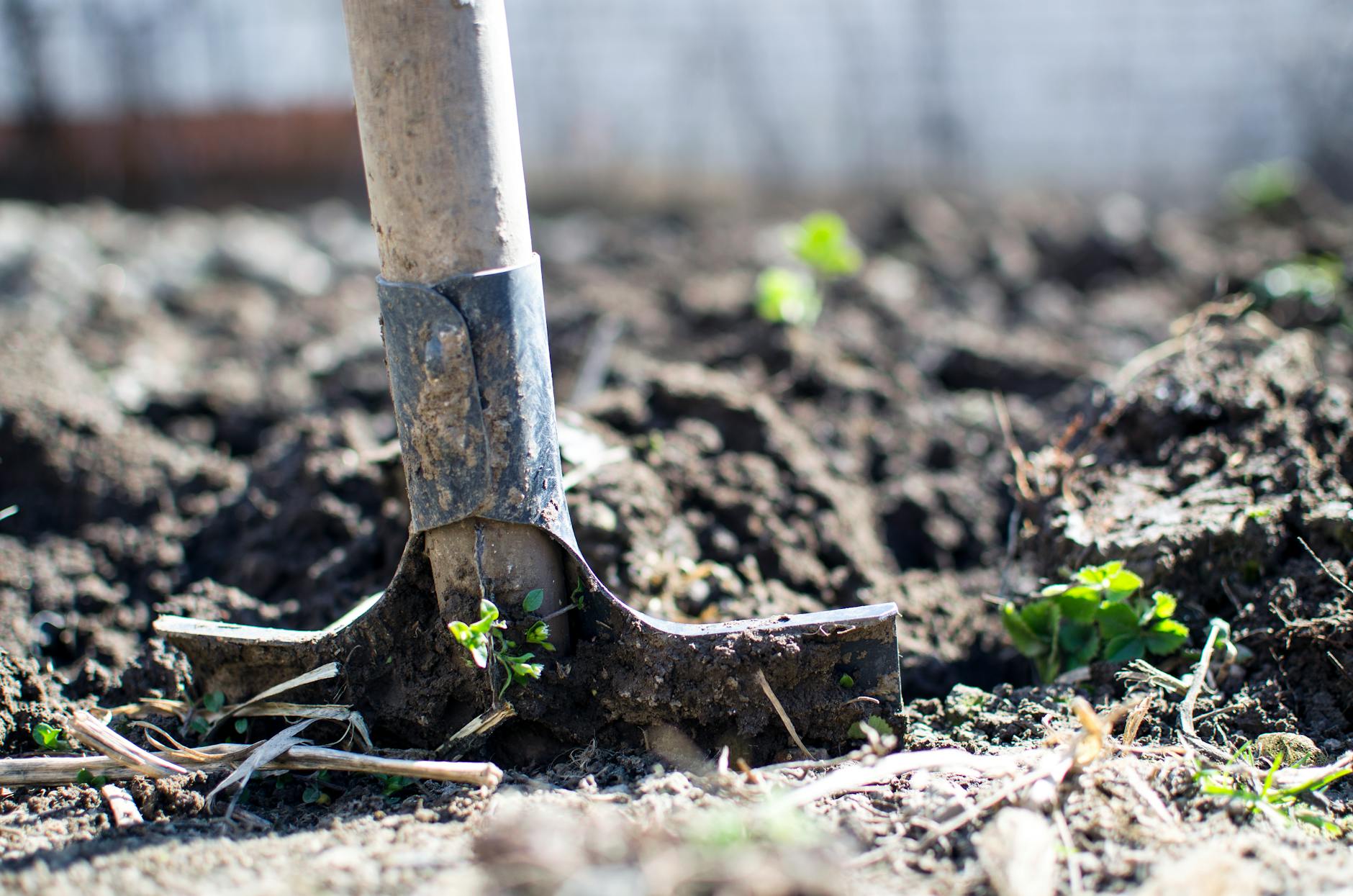Salt Lake City launches microgrant to increase food equity in the community
PRESS RELEASE: February 2, 2022
Salt Lake City is launching its first-ever Food Equity Microgrant program to increase resident access to fresh, healthy, affordable, and culturally relevant food.
The grant application is now live and open to individuals, local businesses, and certain community organizations. The initiative is designed to support community-led projects in line with the recommendations coming out of the City’s Resident Food Equity Advisors’ report released in 2021.
“Salt Lake City is committed to listening and responding to the ideas, dreams, and suggestions of our residents,” said Salt Lake City Mayor Erin Mendenhall. “The Resident Food Equity Advisors is an example of that. They gave us their insight and recommendations on how to strengthen our food system and this microgrant program is one of the ways we’re responding to their report. I can’t wait to see which projects we can support in the community with this funding.”
Administered by the City’s Sustainability Department, the microgrant program has a total budget of $35,000. Individuals may apply for grants of $250 to grow or raise their own food and community grants up to $5,000 are available for organizations.
Read more











